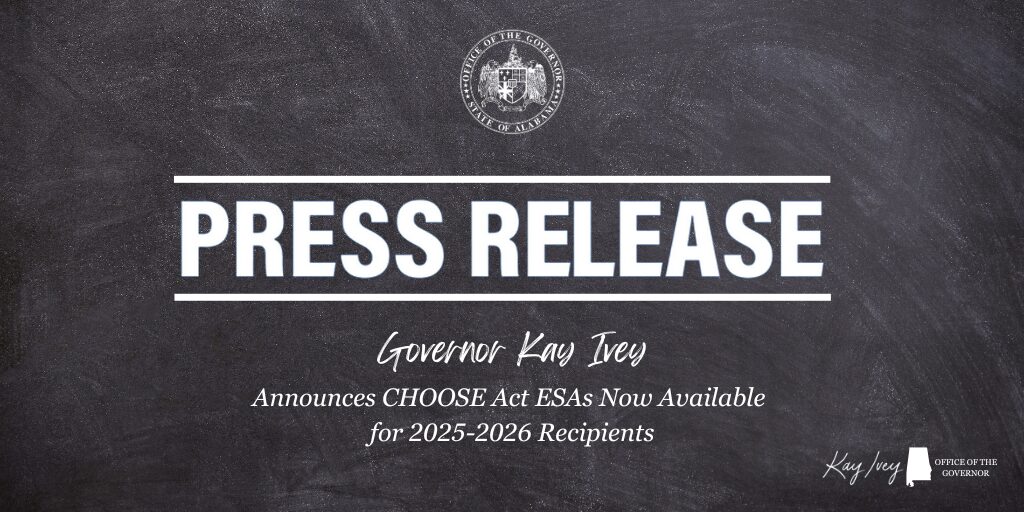 iStock/Thinkstock(WASHINGTON) — The latest analysis of the GOP’s health care bill concludes that the plan would leave 14 million more people uninsured next year if it becomes law, a number that rises to 23 million by 2026.
iStock/Thinkstock(WASHINGTON) — The latest analysis of the GOP’s health care bill concludes that the plan would leave 14 million more people uninsured next year if it becomes law, a number that rises to 23 million by 2026.
The bill, known as the American Health Care Act, passed the House with only one vote to spare earlier this month.
The new analysis by the Congressional Budget Office shows little improvement in the number of uninsured from the scoring done on past iterations of the bill, which ultimately were not voted upon.
The CBO’s estimate also indicates that the Republican health care plan would reduce the federal deficit by 9 billion oven ten years.
The slight revision from the previous estimates will allow Senate Republicans to avoid a Democratic filibuster.
Senate budget rules require the AHCA to save $2 billion over ten years in order to be taken up under reconciliation – a process that would allow Senate Republicans to pass the bill with only 51 votes.
If the nonpartisan CBO determined that the bill didn’t pass muster for reconciliation, Democrats would have been able to hold up the bill with filibuster, which could send the bill back to House Republicans to amend and hold another vote.
An earlier analysis of the bill estimated that 24 million Americans would lose health insurance by 2026 if it becomes law.
Wednesday’s report also estimates that the GOP bill would raise premiums over time for people who are less healthy in states that seek and receive the controversial waivers from rules enforcing the coverage of pre-existing conditions from the Department of Health and Human Services.
The analysis appears to undermine the Republican argument that the proposal wouldn’t impact Americans with pre-existing conditions. The CBO indicates that it would by making health care less affordable for some consumers.
“Community-rated premiums would rise over time, and people who are less healthy (including those with preexisting or newly acquired medical conditions) would ultimately be unable to purchase comprehensive nongroup health insurance at premiums comparable to those under current law, if they could purchase it at all,” reads the report.
The report echoes earlier analyses which predicted that premiums could rise greatly for a portion of the population that would no longer receive tax credits at the rate it does under the current law — namely, older and poorer policy holders.
The CBO’s analysis of subsidies in 2026 indicates that net premiums for a 64-year-old earning $28,500 would rise from $1,700 to between $13,600-$16,100 under the AHCA, depending on whether the person lives in a state requesting waivers for market regulations.
Savings could become more common for wealthier individuals who would benefit from tax credits pegged to age rather than income, according to examples cited by the CBO. As the law stipulates, an individual earning ,200 in the CBO’s example receives the same credit as someone at the same age earning ,500.
Republicans on Capitol Hill and in the White House have criticized the CBO for inaccuracies in its analysis of the impact of the Affordable Care Act in 2010. While the CBO overestimated the number of people who would ultimately receive insurance, it was correct in noting that the amount of those uninsured would fall.
With all CBO reports, Wednesday’s analysis notes that there are a number of factors that contribute to the uncertainty of its forecasts but that it “endeavored to develop estimates that are in the middle of the distribution of potential outcomes.”
Copyright © 2017, ABC Radio. All rights reserved.




